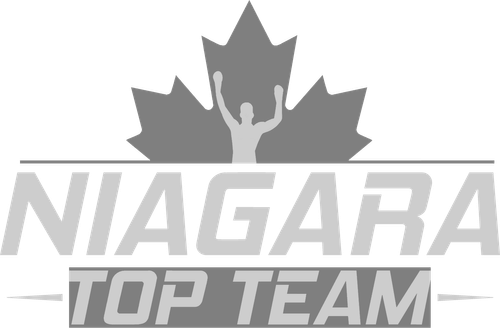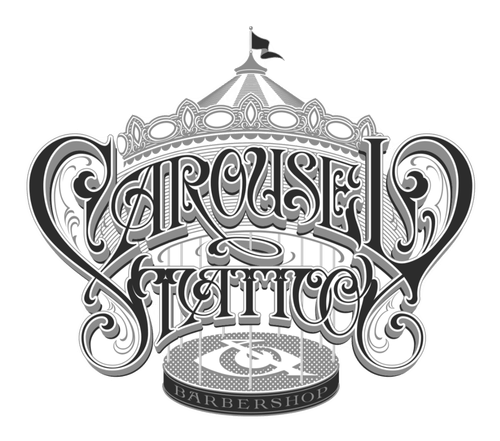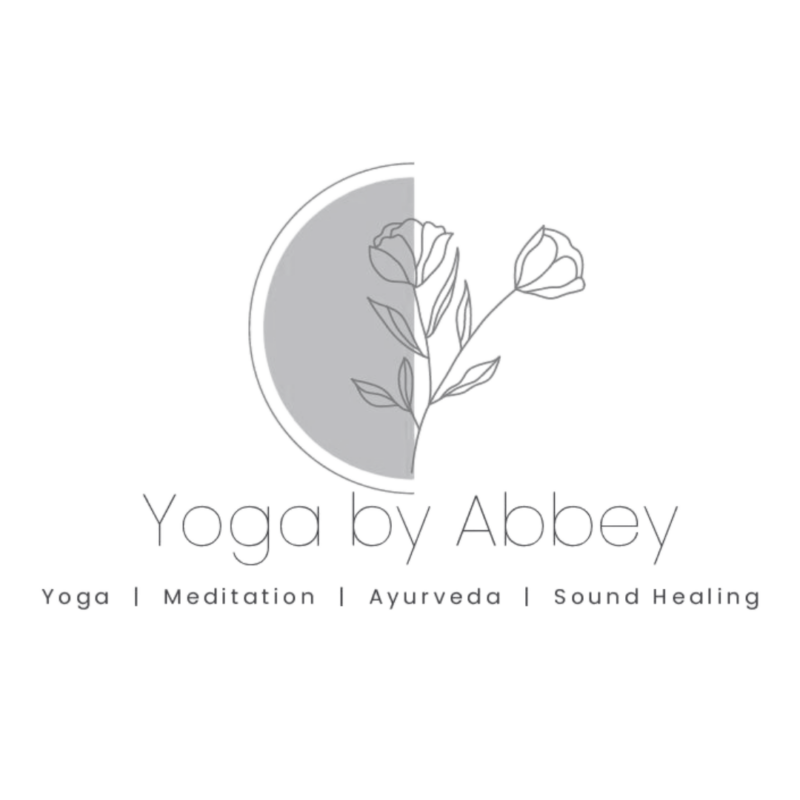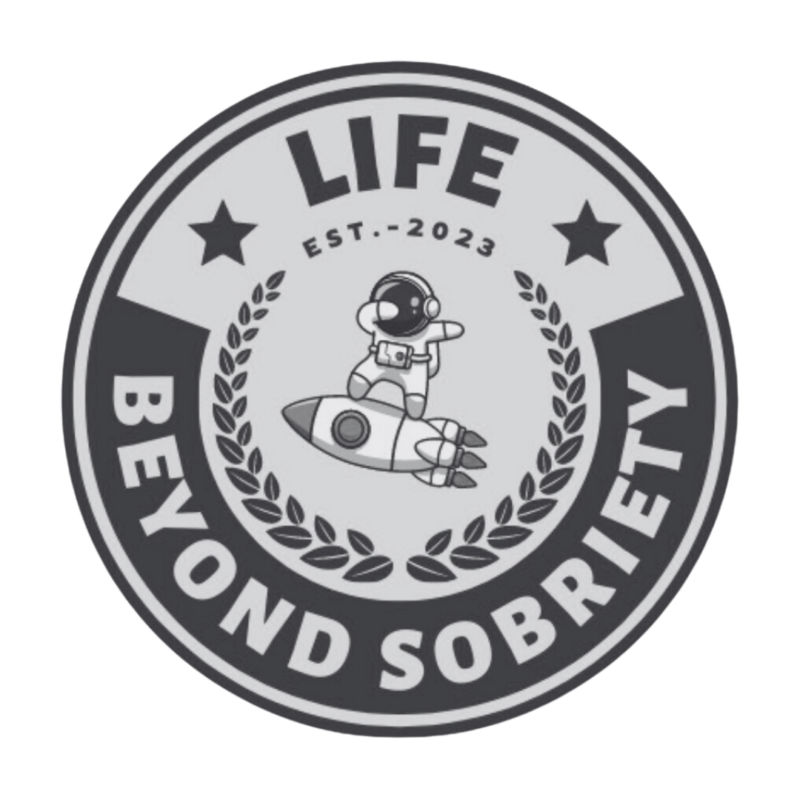Exploring Rehab Options in Ontario, Canada
At Twelve Mile Recovery, we recognize the diversity in rehab services available throughout Ontario, Canada. From public to private facilities, each option offers distinct benefits and challenges. Our base in Niagara allows us to embrace a comprehensive approach, built on lived experiences and a deep understanding of the region’s needs.
Ontario offers a range of facilities that cater to different preferences and requirements, ensuring that individuals can find a program that suits them best. While public facilities are accessible, they may face longer waiting times, whereas private facilities might provide quicker access but at a higher cost.
Understanding these dynamics is crucial in selecting the right path, and Twelve Mile Recovery is committed to offering guidance and support, drawing from our extensive local expertise.
Costs of Rehab in Ontario
The financial aspect of rehab in Ontario, Canada, often raises concerns for those seeking treatment. At Twelve Mile Recovery, we strive to offer clarity on these costs, acknowledging that they can vary significantly based on facility type, location, and services offered.
In Ontario, public facilities typically offer lower-cost or free services due to government funding, but this can come with longer wait times. Conversely, private facilities offer comprehensive and immediate services with a price tag ranging from $2,500 to $20,000 per month, depending on the location and level of care.
Our facility stands alongside these, providing a middle ground where quality care meets affordability, ensuring that financial constraints do not hinder your journey to recovery.
Many private rehab centers also explore insurance options and provide scalable fee structures to accommodate various financial backgrounds, easing the burden on those seeking help.
The Holistic Approach to Rehabilitation
Embracing a holistic approach at Twelve Mile Recovery means focusing not only on the addiction itself but the entire well-being of the individual. We believe effective rehab addresses physical, mental, emotional, and spiritual aspects.
Incorporating therapies such as cognitive-behavioral therapy and mindfulness, we aim to heal underlying trauma. Martial arts is included as a unique therapeutic tool, which aids in building resilience and self-discipline.
This comprehensive model ensures treatment is well-rounded and robust, promoting lasting recovery and empowering individuals to rediscover their strengths.
Evidence-Based Therapies
Our approach includes a variety of evidence-based therapies, which are pivotal in creating effective rehabilitation programs. Cognitive-behavioral therapy, dialectical behavior therapy, and motivational interviewing are cornerstones of our practice.
These therapies are tailored to each individual, addressing their unique needs and challenges, facilitating a personalized recovery journey.
Drawing from Personal Experiences
At Twelve Mile Recovery, the lived experiences of our team play a vital role in shaping our treatment programs. Individuals who have walked the path of recovery themselves bring invaluable insights into the process.
This personal connection fosters a supportive and empathetic environment, vital for encouraging clients to open up and fully engage in their recovery journey.
Testimonials from our clients highlight how this personal touch contributes significantly to their success, offering a sense of comfort and relatability.
Our staff’s dedication and shared experiences create a unique bond, enhancing the therapeutic process and making recovery a community effort.
The Role of Location in Rehabilitation
The serene setting of Niagara provides an ideal backdrop for recovery, complementing the therapeutic process with its tranquil landscapes. This location allows our clients to connect with nature during their healing journey.
A peaceful environment aids in reducing stress and distractions, allowing clients to focus entirely on their recovery. This natural setting is a cornerstone of our rehab philosophy.
The Importance of Long-Term Support
Recovery does not end after a rehabilitation program; it’s a lifelong commitment requiring ongoing support. At Twelve Mile Recovery, we emphasize the importance of aftercare and continuous support.
Our programs include alumni networks and ongoing counseling to maintain sobriety and encourage personal growth. These systems are crucial for providing reassurance and guidance as individuals transition back into their daily lives.
Innovative Approaches in Rehabilitation
Our program includes innovative practices like martial arts and mindfulness, which are unconventional yet effective tools in rehabilitation. These provide avenues for personal development, emotional regulation, and fostering a disciplined mindset.
By integrating these unique methodologies, we expand the traditional scope of rehabilitation, promoting holistic growth and resilience in our clients.
This innovative approach underscores our commitment to offering adaptive and personalized treatment solutions that cater to a wide spectrum of client needs.
Benefits of Group Therapy
Group therapy is a key component at Twelve Mile Recovery, offering a platform for peer support and shared experiences. This collective healing approach provides mutual encouragement and reduces feelings of isolation in recovery.
Through group sessions, clients gain insights from others’ journeys, learn new coping strategies, and build a supportive community, essential for sustained recovery.
Building a Supportive Community
Our center is more than just a treatment facility–it’s a community. Fostering connections among clients and staff creates a supportive network that is pivotal for recovery.
Community building activities and peer support sessions help clients form strong bonds, which are invaluable during and after their treatment.
This strong network of support is vital for maintaining motivation and ensuring that individuals do not feel alone in their journey towards sobriety.
Our community-driven approach empowers clients, giving them a sense of belonging and purpose, quintessential elements for achieving long-term recovery.
How much does rehab cost in Ontario?
The cost of rehab in Ontario Canada varies depending on several factors such as whether the facility is public or private, the location, and the services offered. Public facilities, often funded by the government, provide services at little to no cost but usually have longer wait times. On the other hand, private facilities can cost anywhere from $2,500 to $20,000 per month. At Twelve Mile Recovery, we strive to balance quality care with affordability, offering various financial options to ensure that monetary considerations don’t prevent access to necessary treatment.
What is the wait time for rehab in Ontario?
Wait times for rehab facilities in Ontario can vary significantly depending on whether you’re considering a public or private institution. Public facilities might have longer wait times due to high demand and limited resources. In contrast, private facilities generally offer quicker access to treatment. At Twelve Mile Recovery, we understand the urgency of getting help when you decide to seek treatment, so we work diligently to minimize wait times and provide timely support to begin the healing process.
Is rehab covered by OHIP in Ontario?
OHIP (Ontario Health Insurance Plan) does cover certain types of rehabilitation services, especially those provided by public health facilities. However, the coverage may not extend to private rehab centers or specific treatments within these centers. It’s crucial for individuals to verify with the facilities and their insurance providers about what services are covered. At Twelve Mile Recovery, we assist clients in exploring insurance options and provide guidance on accessing necessary resources to support their recovery journey.
How much does Bellwood Toronto cost?
Bellwood Health Services, a well-known private rehabilitation provider in Toronto, offers a range of treatment programs tailored to various needs. Their costs can vary significantly depending on the program’s duration and the level of care required. However, it is advisable to directly contact Bellwood for their most current fee structure. While we acknowledge the value of diverse rehab options, at Twelve Mile Recovery, we ensure that our pricing remains competitive and accessible, focused on the holistic and personalized care we provide in the serene environment of Niagara.
What is the role of holistic approaches in rehab?
Holistic approaches play a crucial role in rehabilitation by addressing the whole person–body, mind, and spirit–rather than just the addiction itself. At Twelve Mile Recovery, we integrate holistic practices such as cognitive-behavioral therapy, mindfulness, and even martial arts into our treatment programs. These methods help clients connect more deeply with their inner selves and develop resilience, emotional regulation, and self-discipline. By fostering a sense of balance and well-being, holistic approaches support sustainable recovery and empower individuals to rebuild their lives more comprehensively.
How does the location of a rehab center affect recovery?
The location of a rehab center can significantly impact the recovery process. A serene and natural setting, like our center in Niagara, provides a peaceful environment that reduces stress and distractions, allowing clients to focus entirely on their recovery journey. The tranquility of nature complements the therapeutic process, offering a calming backdrop to support healing. The choice of location is not just about aesthetics; it is integral in creating a conducive atmosphere for recovery. How do you feel about the environment playing a role in healing? We’d love to hear your thoughts or experiences!
Why is long-term support important in rehabilitation?
Long-term support is critical in rehabilitation because recovery is a lifelong commitment, not just a one-time event. At Twelve Mile Recovery, we emphasize the necessity of continuous support systems such as alumni networks and ongoing counseling. These resources provide reassurance and guidance as individuals transition back into their daily lives. Long-term support helps maintain sobriety, encourages personal growth, and offers a safety net during challenging times. Our commitment is not only to the initial phase of recovery but also to ensuring sustained success and well-being in the long run.
Resources
- Centre for Addiction and Mental Health (CAMH) – CAMH is Canada’s largest mental health teaching hospital and one of the world’s leading research centers in its field.
- Health Canada – Health Canada is the department of the Government of Canada responsible for national public health.
- Niagara Region Public Health – Niagara Region Public Health provides resources and support for mental health and wellness in the Niagara area.
- Ontario Ministry of Health – Mental Health Services – The Ontario Ministry of Health provides information on mental health services available in the province.
- National Institutes of Health (NIH) – NIH is the primary agency of the United States government responsible for biomedical and public health research.












